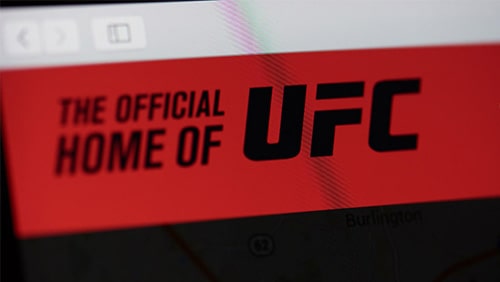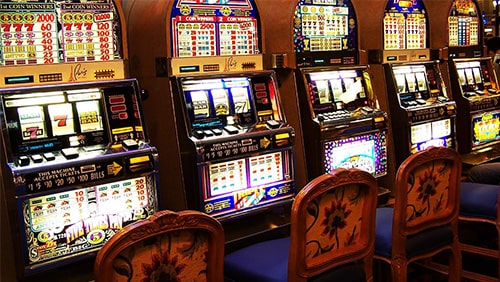Like many other countries considering, or having already implemented, such measures, Mexico wants to start charging a value-added tax (VAT) on digital goods and services offered by foreign-based entities. The 16% SAT Tax, as it’s called, is expected to take effect as of July 1, and would be applicable to all digital transactions and services, including retail sales, content delivery, entertainment and more. Faced with the proposition of having to pay a substantial amount more for online gaming, whether covered by customers or operators, there is a good chance that the country is about to face a withdrawal or slowdown of gaming-related activity, which is going to prove to be counterproductive to the reason for the SAT Tax’s implementation.
The SAT Tax was approved earlier this year and covers all digital services, whether related to B2B or B2C operations. The tax was first discussed last year and didn’t find a lot of opposition as it sought approval. The idea is to create a level playing field between domestic and foreign companies, but questions still remain about how the tax will be applied to online gaming. The country still doesn’t have established online gambling laws specific to iGaming verticals, which is creating confusion and will make the implementation of the tax harder to achieve.
Virtually any digital service is expected to charge the tax. Vistra explained this past February, “Statutory examples of digital services include downloading and/or accessing images, movies, music, text, information, video, gaming (including gambling), ring tones, visualization of online news (but not eBooks or electronic versions of periodicals), traffic, weather, online clubs, dating sites and other multimedia content, distance learning, tests and exercises. Some real-life examples of such services include Netflix, Tinder and the online learning platform Coursera. Financial services, payment services, data storage, and software sales and use are not subject to Mexico’s new [SAT Tax] provision.”
Making things more confusing, and harder on digital operators, is the caveat that certain activity, such as payment services, aren’t taxable. Since only some portions of a transaction will need to be taxed, online platforms have to spend an exorbitant amount of time coding their systems in order to adhere to the new guidelines. If not done right, they could end up paying more than what is required or, worse, not enough, leading to substantial financial penalties.

















